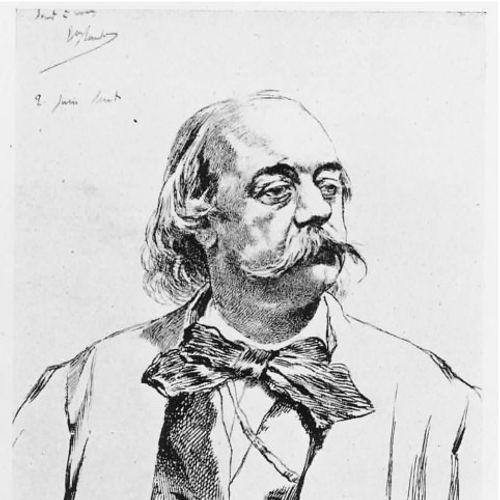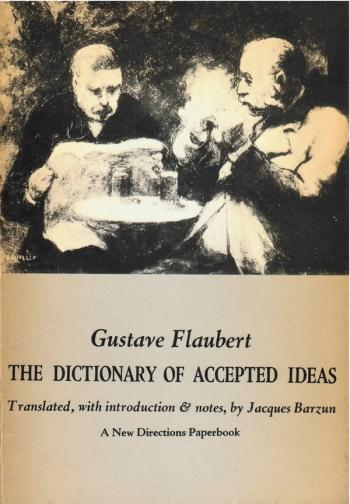As author
As contributor
Gustave Flaubert
Gustave Flaubert (1821–1880) was a French novelist. The son of a surgeon, Flaubert studied law unsuccessfully in Paris and returned home to devote himself to writing. Because of a severe nervous malady he spent most of his life at Croisset, near Rouen, with his mother and niece. In 1856, after five years of work, Flaubert published his masterpiece, Madame Bovary, in a Paris journal, followed by The Sentimental Education (1870), The Temptation of St. Anthony (1874), Three Tales (1877). After his death his unfinished satire Bouvard and Pécuchet was published in 1881.


